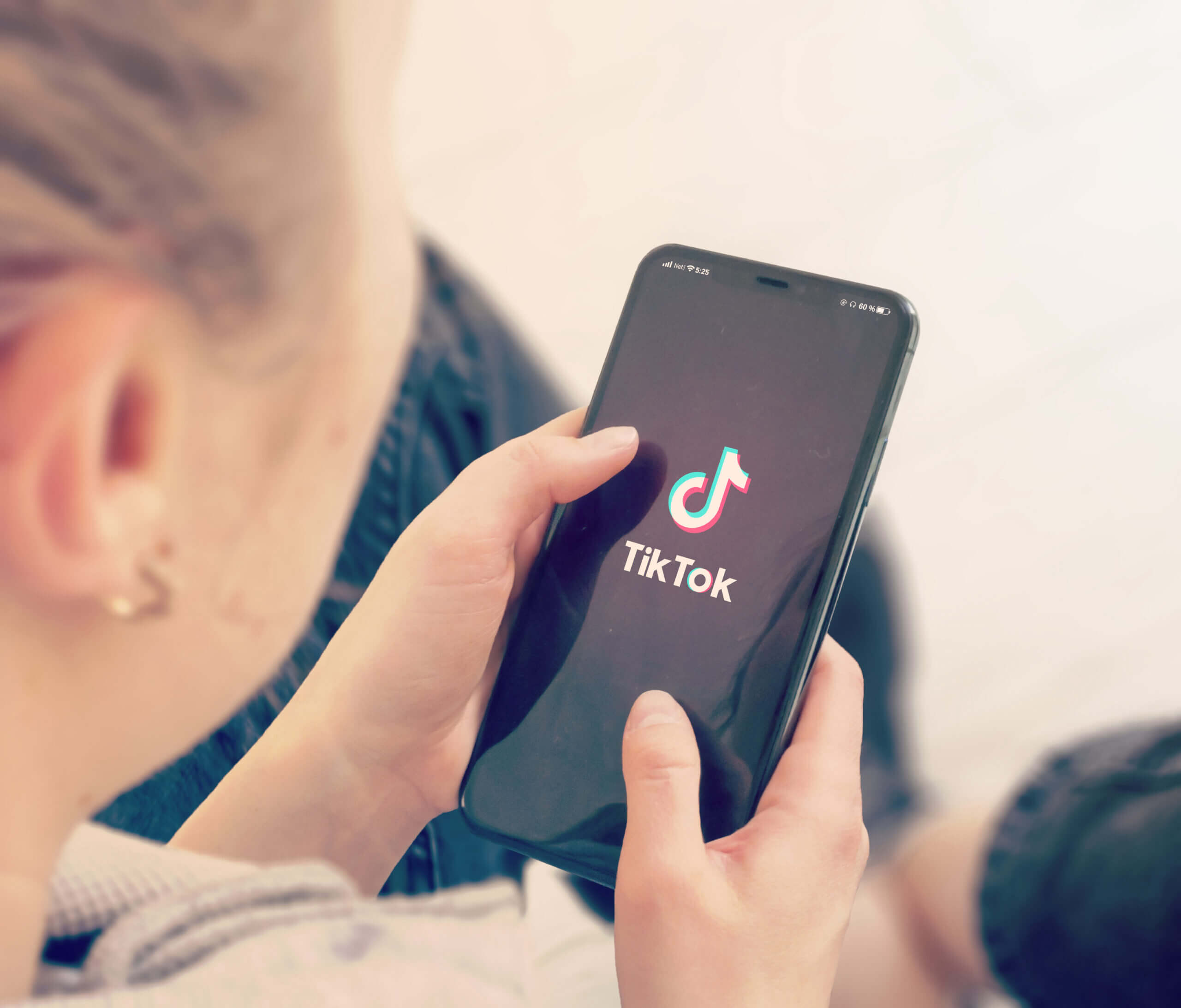
Digital Marketing Innovations You Should Know About
Since its inception more than 30 years ago, digital marketing has turned from a new trend into a vital go-to strategy component for pretty much every organization. Tech has continued to evolve, creating unprecedented opportunities to analyze consumer behavior, disseminate information, and build immersive brand experiences.
During the past couple of decades, the world has come to embrace the digital sphere — and many new platforms and tools along with it. It’s a great time to be a digital marketer.
What innovations are emerging this year? Let’s take a look.
Social Commerce
For years, online retailers have leveraged social media to drive leads to their e-commerce websites. In 2022, almost all the major social networks now allow brands to host their shops directly on the platform. This is called social commerce, and a recent Accenture study predicted that this model would grow three times as quickly as traditional e-commerce, reaching $1.2 trillion by 2025.
This rise of social commerce reflects a fundamental shift in how consumers behave on social media. They are now much more receptive to advertising, and in fact, many people will log onto social networks specifically looking to shop. That means digital marketers must tweak their social media strategy to accommodate higher purchase intent among their audience.
Social commerce holds huge potential for building brand loyalty, as social media can now host both high-value content and purchase opportunities in the same place. This seamless, immersive approach to e-commerce can reduce hurdles on the buyer’s journey and yield invaluable data for future marketing campaigns.
If you want to hop on the social commerce train, consider how you can incorporate more middle-of-funnel content into your social media strategy. Focus on engaging your audience and warming them up to make a purchase directly on your page. According to Accenture, 63% of users surveyed said they would make repeat purchases from the same social seller.
Conversational Marketing
Social commerce’s growth goes hand in hand with conversational marketing, which allows consumers to chat directly with brands. Chatbots and Facebook Messenger are nothing new, but with the increasing popularity of WhatsApp and other messaging tools, conversational marketing has gained a lot of steam. Consumers value personal connection with brands — and they expect a swift response.
For 2022, we’re seeing a shift toward chat-based marketing and sales. We’ve come full circle to the age of door-to-door salesman, except that the focus today is on providing value in these personal conversations. Rather than starting with a pitch, marketers can engage leads via social media messages. The Meta platform even allows them to make a purchase directly in the chat. About one-third of users prefer using social media for customer service and shopping.
The Metaverse
In a truly stunning case of science fiction turned fact, virtual reality is emerging as its own realm, complementing real life with immersive digital experiences. Virtual reality (VR) and augmented reality (AR) compose the metaverse, which refers to all the digital worlds consumers can access. VR and AR have been well established in gaming platforms such as Pokemon Go and Minecraft. Instagram and Snapchat’s filters are a whimsical form of AR that boost engagement on stories; many marketers have joined the fun by creating branded filters for their campaigns.
Now, VR and AR offer even more powerful tools for digital marketing, social networking, and shopping online.
Innovative brands such as Nike and Gucci have already launched “virtual try-ons” for their customers. The latter even sells virtual sneakers that can be “worn” in the metaverse. Ikea developed an AR app to visualize digital furniture, rugs, curtains, and paint colors in a real-world space, allowing users to virtually design or renovate a room. It won’t be long before AR becomes a critical part of the digital shopping experience.
Meanwhile, virtual reality takes the consumer experience to a whole new level. Users can enter and navigate a digital world. This technology is making waves in multiple industries, from real estate to warehouse management. For marketing campaigns, VR could help brands achieve the key milestone for conversion: encouraging leads to visualize themselves with the product or service. Now, that can become quite literal!
And let’s not forget NFTs. Non-Fungible Tokens are exclusive digital assets that are created and stored on a blockchain. There has been a surge of interest in NFTs as an investment. However, they can also be an effective engagement strategy. NFTs can be incorporated into metaverse experiences, given to customers as souvenirs, or sold as unique brand purchases.
AI-Powered Personalization
Personalized marketing campaigns are proven to drive more clicks and conversions. Consumers appreciate feeling like brands understand and serve their interests. However, this approach requires large amounts of data and complex workflows and automations. Many brands have been limited to clearly defined drip sequences and cross-sells/upsells.
Over the past couple of years, though, artificial intelligence has become not only more powerful but also more accessible. Machine learning algorithms can sort, collate, and analyze thousands of data points, then deliver highly personalized content to each user.
Amazon and Spotify have been leaders in this field, famously using machine learning to predict what their customers want to buy or listen to. Marketers can leverage this technology to offer their leads a fully customized experience. Everything from past purchases to newsletter signups to social shares enters the algorithm, which then shapes the exact mix of content and timing to make the best impact.
The only concern with personalized marketing is how the AI collects this data. New privacy regulations will change how marketers can legally source these details.
First-Party Data
It’s technically not an innovation, but first-party data will become much more important for personalized advertising. That’s because third-party cookies will soon go extinct. Overlapping privacy regulations in the European Union and the United States make it illegal to collect and use consumers’ data without their consent.
In response, it’s now standard practice for websites to request explicit permission to create first-party cookies, i.e., those stored directly by the website.
Third-party cookies, though, such as the tracking codes to power Google and Facebook’s retargeting ads, are no longer viable. (Google is leading the charge to find solutions that comply with data privacy regulations.)
That presents a large hurdle to marketers eager to leverage personalized advertising. However, all is not lost: first-party data is more accurate and better able to shape campaigns. As first-party cookies and other data (email addresses, cell numbers) can be explicitly approved, they don’t have the privacy hiccups of third-party cookies.
They’re also more likely to reflect consumers’ interests and their stage in the buying journey. Marketers should focus on gathering first-party data by forging strong relationships with their potential customers. As always, providing value through web and social content, then engaging leads through email campaigns is a time-honored strategy!
Conclusion
The future of digital marketing seems bright, with so many tools and technologies available to help brands forge strong, lasting relationships with consumers. We have witnessed a paradigm shift from static, transactional marketing to a truly cohesive, content-driven approach. All of 2022’s digital marketing innovations revolve around the user experience: protecting their privacy, having conversations, and delivering value. To remain top-of-mind for your ideal customers, you must embrace these principles in your digital marketing strategy.
Automation can save you countless hours in developing, tracking, and releasing these new campaigns. Check out SharpSpring’s vast suite of features to help you develop the perfect digital marketing strategy for 2022 — and beyond.





